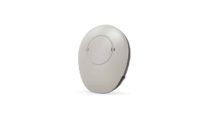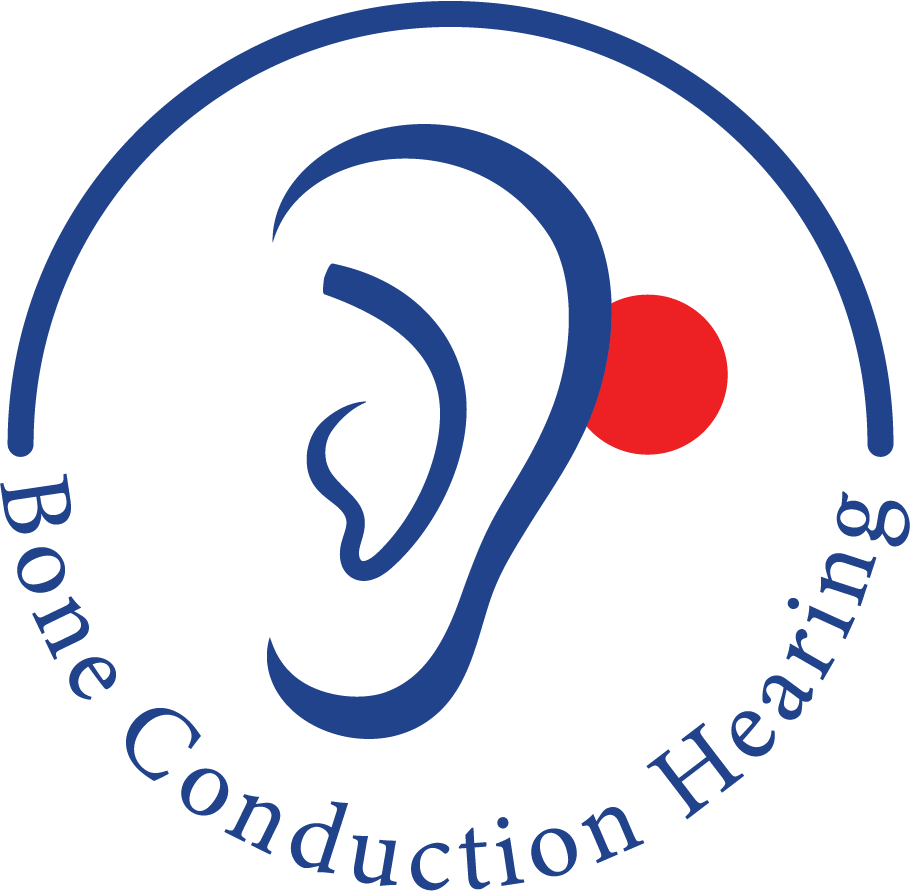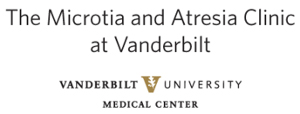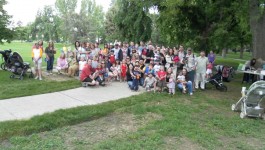Archives for January 2021
Congressman Joe Neguse Reintroduces “Ally’s Act” His Bipartisan Bill Inspired By 11-Year-Old Broomfield Constituent, to Increase Access to Specialized Hearing
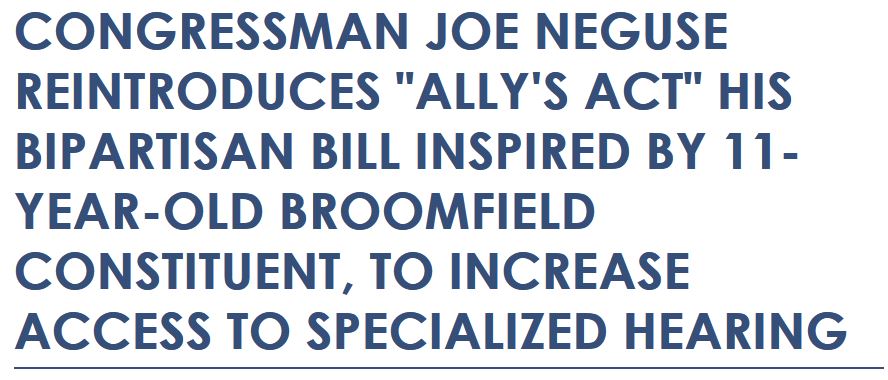
January 27, 2021 Washington, D.C.—Today, Congressman Joe Neguse, announced the reintroduction of “Ally’s Act,” his bicameral, bipartisan legislation to require private insurance companies to cover osseointegrated hearing devices (“OIDs”), including bone anchored hearing aids (“BAHA”) and cochlear implants. The bill was inspired by Ally, an 11-year-old from Broomfield, Colorado, who was born without a right ear or hearing canal and therefore requires the use of a BAHA. After Ally’s insurance company denied coverage of her hearing device, her mother Melissa formed the organization Ear Community to help advocate for insurance coverage of these devices to ensure no person is left unable to hear because of private insurance companies’ refusal to provide coverage.
When Ally wrote a letter to Congressman Joe Neguse explaining her situation, he got right to work introducing a bill to fix the issue, naming it “Ally’s Act” in her honor.
“For Ally and so many others, specialized hearing devices are critical for communicating. For insurance companies to deny coverage for these essential devices goes against common-sense. Cochlear implants and bone anchored hearing aids have helped countless individuals to communicate, and to thrive in their communities at school, work and in their social lives,” said Congressman Neguse. “I’m incredibly grateful for Ally’s initiative and courage to bring this issue to my office so we could get to work on a legislative fix to address it.”
“In my own experience with Ally, and through my work with Ear Community, I encounter the struggle to convince private insurance that these devices are necessary nearly every day,” said Melissa Tumblin, Executive Director and Founder of Ear Community. “Hearing device insurance coverage needs to be consistent across the U.S. and I look forward to continuing to work with Rep. Neguse to ensure that it becomes so.”
Ally’s Act is co-led by Congressmen David B. McKinley, P.E. (R-WV) and Congressman Mike Thompson (D-CA), the co-chairs of the Congressional Hearing Health Caucus, and holds bicameral support from Senator Elizabeth Warren and Senator Shelley Capito in the Senate.
“As the only Member of Congress with a cochlear implant, I know from firsthand experience the difference in the quality of life these devices can provide,” said Congressman David McKinley. “Ally’s Act will help thousands of Americans with severe hearing loss gain access to life-changing treatment.”
“Ensuring that everyone can access the health care technology they need to fully hear and communicate is critical to our work to expand access to health care, said Congressman Mike Thompson. “That’s why I am proud to be an original coauthor of this bill to require insurers to cover hearing devices for children and adults with congenital hearing defects. These devices are crucial to helping people be full participants in their daily lives and I’m glad we have a solution to help ensure folks can afford them.”
“Despite the critical and life-changing support these specialized hearing devices provide, many adults and children throughout the United States cannot obtain them because they are too expensive,” said Senator Elizabeth Warren. “This is why I’m glad to introduce this bipartisan legislation, which would increase device access and ensure that no individual with hearing loss is left behind.”
“For people who suffer from hearing loss, devices and implants like OIDs and BAHAs are life-changing. Our senses are something we so often take for granted, and ensuring that insurance companies cover these hearing aids provides major relief and comfort to those born with hearing loss and their families. I’m proud to team up with Senator Warren to re-introduce Ally’s Act, and I look forward to continuing to work to establish better access to these critical hearing devices,” said Senator Shelley Moore Capito.
Many throughout the United States are born with hearing loss due to congenital anomalies, including aural atresia (underdeveloped or absent ear canals) and/or microtia (physically missing outer ears). OIDs, including BAHA’s and Cochlear implants, help different forms of hearing loss than traditional hearing aids and are often the only hearing device that can restore hearing for these individuals.
“American Cochlear Implant Alliance enthusiastically supports Ally’s Act, legislation intended to ensure that Americans have access to hearing implants including cochlear and osseointegrated implants,” said Donna L. Sorkin, Executive Director, American Cochlear Implant Alliance. “Representative Neguse has demonstrated leadership and understanding of the extraordinary value of appropriate hearing healthcare for people of all ages, allowing those who need them to hear to pursue education, participate in the workplace, and enjoy a high quality of life.”
“The American Speech-Language-Hearing Association applauds Representative Neguse for reintroducing Ally’s Act, along with Representatives McKinley and Thompson, co-chairs of the Congressional Hearing Health Caucus,” said A. Lynn Williams, PhD, CCC-SLP, and ASHA 2021 President. “Being able to effectively communicate is a basic human right, and this proposal will help ensure that individuals born with congenital hearing loss—and those who require implantable hearing devices—have access to needed care and hearing technology by ensuring appropriate coverage by private insurers.”
This legislation is supported by the following organizations and individuals dedicated to ensuring private insurance coverage of these specialized hearing devices: This bill is endorsed by Ear Community; the American Cochlear Implant Alliance; the American Academy of Audiology; the American Speech-Language-Hearing Association; Waiting to Hear; HearStrong; Lemon Aids 4 Hearing; Songs for Sound, Inc; American Tinnitus Association; the Alexander Graham Bell Association for the Deaf and Hard of Hearing; City and County of Broomfield, Colorado; Hands & Voices; Harvard Medical School – Massachusetts Eye and Ear/Otolaryngology; Let Them Hear Foundation; Morgan’s Magical Ears; Educational Audiology Association; Dallas Ear Institute; the Acoustic Neuroma Association; Hearing Health Foundation; Colorado Academy of Audiology; the California Ear Institute; Aid the Silent; HearAid Foundation; New York Eye and Ear Infirmary of Mount Sinai; Microtia and Atresia at Stanford Hospital and Clinics/Otolaryngology; the American Pediatric Surgical Association; American Society of Pediatric Otolaryngology; Michigan Medicine – Department of Otolaryngology; University of Pittsburgh Medical Center/Otolaryngology; the Otolaryngology Department at Columbia University Irving Medical Center; Chad Ruffin, MD; Proliance Surgeons; Prader-Willi Syndrome Association/USA Advocacy Committee; Weill Cornell Medical College – Departments of Otolaryngology and Audiology; Hearing Industries Association; Hearing Loss Association of America; Plastic Surgery Department at Johns Hopkins; Association of Medical Professionals with Hearing Losses; the University of Southern California Caruso Department of Otolaryngology – Head & Neck Surgery; University of California San Francisco Medical School/Department of Otolaryngology and Cochlear Implant Center; and Johns Hopkins Biomedical Engineering and Auditory Research Department.
Click here for link to press release.
###
MED-EL USA Launches SAMBA 2 Audio Processor for the BONEBRIDGE Bone Conduction System
Intelligent Sound Adapter 2.0 automatically detects, optimizes settings to match environment
January 6, 2021 – (DURHAM, NC) – MED-EL USA, a leader in implantable hearing solutions, today announced the launch of the SAMBA 2, a next-generation audio processor for the BONEBRIDGE Bone Conduction System, which includes the recently launched BCI 602. BCI 602 is an active transcutaneous bone conduction implant that leaves skin intact. The BONEBRIDGE System is indicated for individuals age 12 years and older with conductive hearing loss, mixed hearing loss, or single-sided deafness.
The U.S. Food and Drug Administration (FDA)-cleared SAMBA 2 Audio Processor features enhancements for ease of listening and handling. Intelligent Sound Adapter 2.0 automatically adjusts settings to match different environments that are particularly challenging to people with hearing loss. This includes an automatic setting for listening in cars which uses Speech Tracking to identify the optimal microphone mode for the user to understand conversation coming from the side or behind.
SAMBA 2 is also designed for easier listening in complex environments such as restaurants, effectively reducing the impact of noise, for example interfering background conversations and the clattering of plates and silverware, while adaptive directional microphones and directional speech enhancement allow the user to focus on their conversation.
“SAMBA 2 is a great example of the ongoing collaboration that MED-EL has with our recipients, even after they receive a hearing implant,” said Raymond Gamble, President & CEO, MED-EL North America. “We listened closely to feedback and worked diligently with our engineers to make the listening experience even more effortless for our BONEBRIDGE recipients.”
SAMBA 2 provides the longest lasting battery life of any active transcutaneous audio processor on the market, with approximately 8 to 10 days from one standard 675 hearing aid battery. When the time comes, battery changes are fast and easy thanks to SAMBA 2’s intuitive design.
SAMBA 2 GO connects wirelessly to Bluetooth devices and via a cable to non-Bluetooth devices to allow streaming from mobile phones, televisions and electronic devices. It can also be used with FM systems and remote microphones for better hearing in noisy environments. And, while the Intelligent Sound Adapter 2.0 adjusts settings automatically, recipients still have control over their settings with the SAMBA 2 Remote, an app available for iPhone and Android that enables users to switch between settings without a separate remote control. The Intelligent Sound Adapter 2.0 then “learns” which settings the user most often changes manually and adapts.
Thin and lightweight, SAMBA 2 offers recipients a wide array of easily interchangeable covers so the audio processor may be worn discreetly under the hair, or worn to stand out with colorful designs. The audio processor is dust, sweat and splashproof, and can be completely submersed in water with the optional WaterWear waterproof cover.
Consistent with MED-EL’s industry-leading legacy support, SAMBA 2 is compatible with both versions of the BONEBRIDGE Bone Conduction Implant, the BCI 601 and BCI 602. BONEBRIDGE bone conduction implants are also engineered to be compatible with future generations of audio processors, allowing recipients to access the latest hearing technology, no matter when they received their implant.
For more information about SAMBA 2, BONEBRIDGE candidates and recipients can visit: https://www.medel.com/en-us/hearing-solutions/samba2.
About the BONEBRIDGE Bone Conduction System
In 2018, after successful use internationally, MED-EL USA launched the country’s first active transcutaneous bone conduction system, BONEBRIDGE, marking the beginning of a new era in bone conduction stimulation. The groundbreaking BONEBRIDGE Bone Conduction System was comprised of an internal implant, BCI 601, and the externally worn SAMBA Audio Processor. Just a year later, MED-EL announced the FDA clearance of the BCI 602, featuring design optimizations to support a streamlined surgery. The second-generation implant for the BONEBRIDGE System was developed through a long and valued partnership with ENT surgeons, hearing health professionals and the hearing loss community. Through these relationships, MED-EL has a proven history of continuous advancement in active transcutaneous bone conduction implant technology.
About MED-EL
MED-EL Medical Electronics, a leader in implantable hearing solutions, is driven by a mission to overcome hearing loss as a barrier to communication. The Austrian-based, privately owned business was co-founded by industry pioneers Ingeborg and Erwin Hochmair, whose ground-breaking research led to the development of the world’s first micro-electronic multi-channel cochlear implant (CI), which was successfully implanted in 1977 and was the basis for what is known as the modern CI today. This laid the foundation for the successful growth of the company in 1990, when they hired their first employees. To date, MED-EL has grown to more than 2,200 employees from around 75 nations and has 30 locations worldwide.
The company offers the widest range of implantable and non-implantable solutions to treat all types of hearing loss, enabling people in 124 countries to enjoy the gift of hearing with the help of a MED-EL device. MED-EL’s global portfolio of hearing solutions includes cochlear implant systems, a combined Electric Acoustic Stimulation hearing implant system, and bone conduction devices. www.medel.co
# # #
MEDIA CONTACT:
Rebecca Novak Tibbitt
T: 704-341-1544
E: media.us@medel.com

